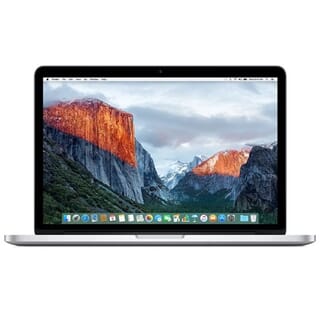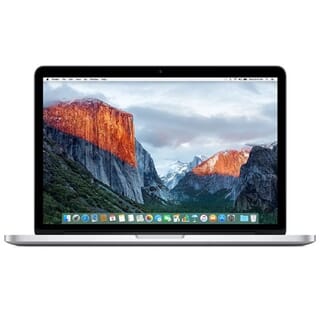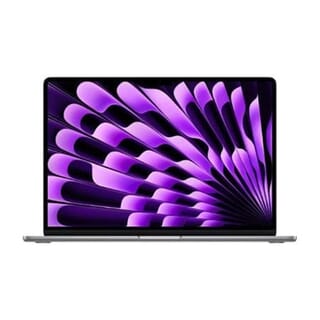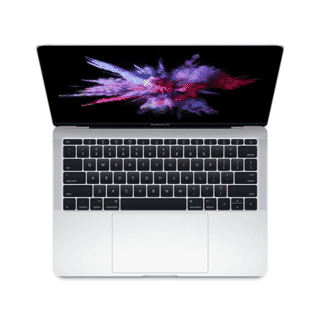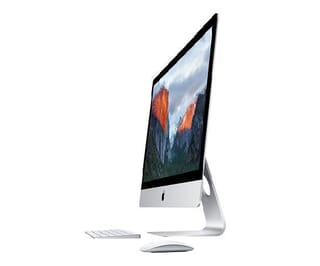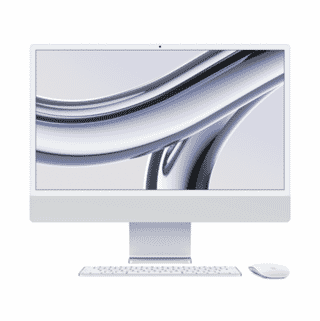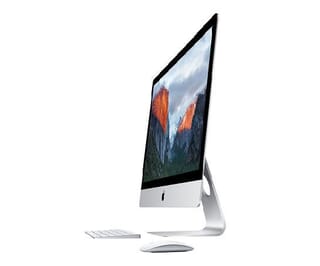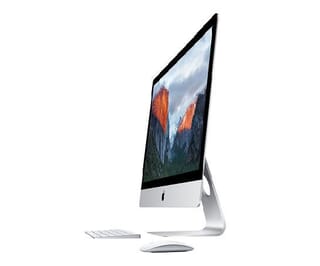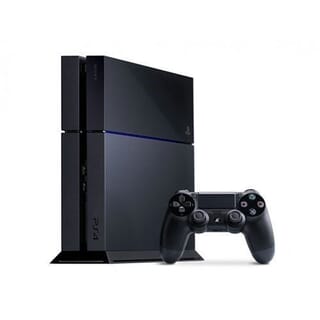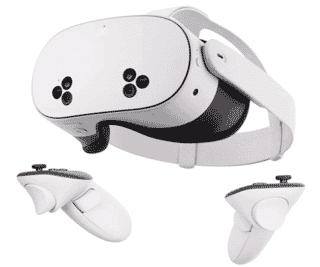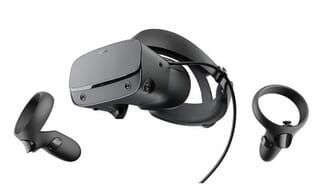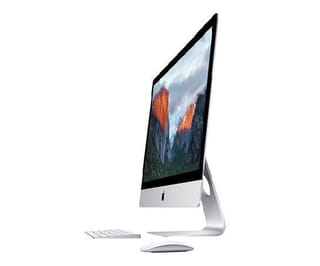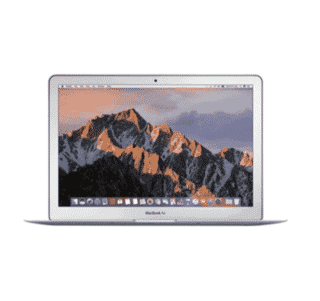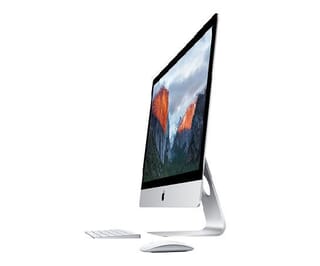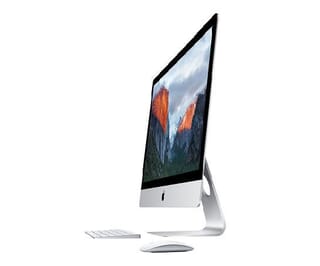What facts you should know before buying a Macbook
Whether you're a student or family, it's back-to school time when many people decide to buy new Macbooks. Before making your purchase, consideration should be given in order to not have any regrets later on down the line.
There are two laptop lines from Apple, the 13-inch MacBook Air and 15/16/14 inches MacBook Pro. The product lines are somewhat distinct for offering different screen sizes to choose from; you'll have made your decision based on other specifications like storage space or processor speed if it's not too heavy already loaded up with RAM memory.
10 important facts you should know for student MacBook buyers
In order to not get overwhelmed by all this info hear me out before rushing into buying something! There is no perfect option because every individual has his/her own needs when going shopping at Tech.Trade - therefore take time analysing what exactly DO you want most in terms of computing power and screen size.
Some of the best refurbished MacBooks for Apple products buyers are here.
Physical screen size and machine fatigue
It's important to consider the weight and portability of your computer when choosing which device will work best for you. All current MacBook models are lighter than past ones, but some remain significantly heavier such as a 2.1-kg 16" MacBook Pro or an Air model weighing 1.27 kgs. The difference between these adjustments can be significant in terms on how far they'll go before becoming too cumbersome; especially if like me! I'm always on campus so need something light enough that won't tire out quickly."
MacBook Air | MacBook Pro | |
Display sizes | 13.3 inches | 13.3 inches and 16 inches |
Processors | Apple M1 | M1 or Intel Core i5/i7/i9 |
RAM | 8GB/16GB | 8GB/16GB/32GB or 16GB/32GB/64GB |
Storage | 256GB to 2TB | 256GB to 8TB |
Weight | 1.27Kg | 2.1Kg |
Starting price | £249 | £599 |
Processor and buying a processor as fast as you can afford.
With Apple not allowing any swapping out of parts on the current MacBook models, be sure to zero in what you can afford and go with it -- starting with processor speed. Expect a price increase up towards £200 more for better chipsets but don't get too overboard as this may drive prices higher than desired. If you're looking only to take notes and write reports, then purchase a less expensive laptop. Conversely if your creative work will be done with Adobe products or something like Final Cut Pro go for the bigger processor.
What about the M1 processor?
Macs are changing, and Cupertino is the new standard. The company's newest notebooks come equipped with an Apple M1 SoC that will eventually replace Intel processors altogether in favour for a more proprietary system built on their own designs - much like how they've done things ever since dropping PowerPC back in 2005 (and then again four years later). At the moment in the newer models only the 16” is made with the intel processors.
And Ram?
With the recent advances in technology, it's more important than ever to make sure your computer has enough memory. RAM is short-term data storage that allows for quick access of information and files on a system level - which means anything from online shopping or banking could take advantage of quicker speeds. Larger amounts mean faster operation as well so don't just get by with what you have because these benefits will be noticeable once they're gone. So the more applications you want to run side by side the more Ram you will need.
The Storage
With the recent advent of cloud-based computing, many people are no longer storing their files on physical media. This has led to a significant decrease in storage space for laptops and tablets as there is now only 256GB available by default with most notebooks opting not to purchase more than this amount due out perceptions around hardware limitations or cost.
The fact that 1TB can be purchased cheaply however means it might suffice well beyond what you need if properly managed - just make sure all your data gets wherever it needs go.
To ensure the safety of your data, it is best if you backed up regularly using Time Machine. A good place to start might be by investing in a portal hard drive which will allow for easy storage and restoring on accidentally deleted files or devices from within OS X when needed.
-24125.png)

